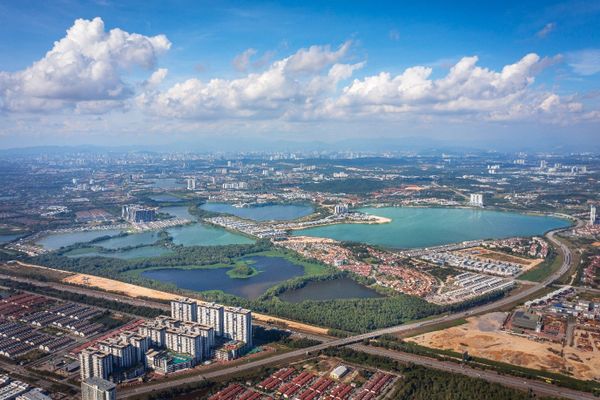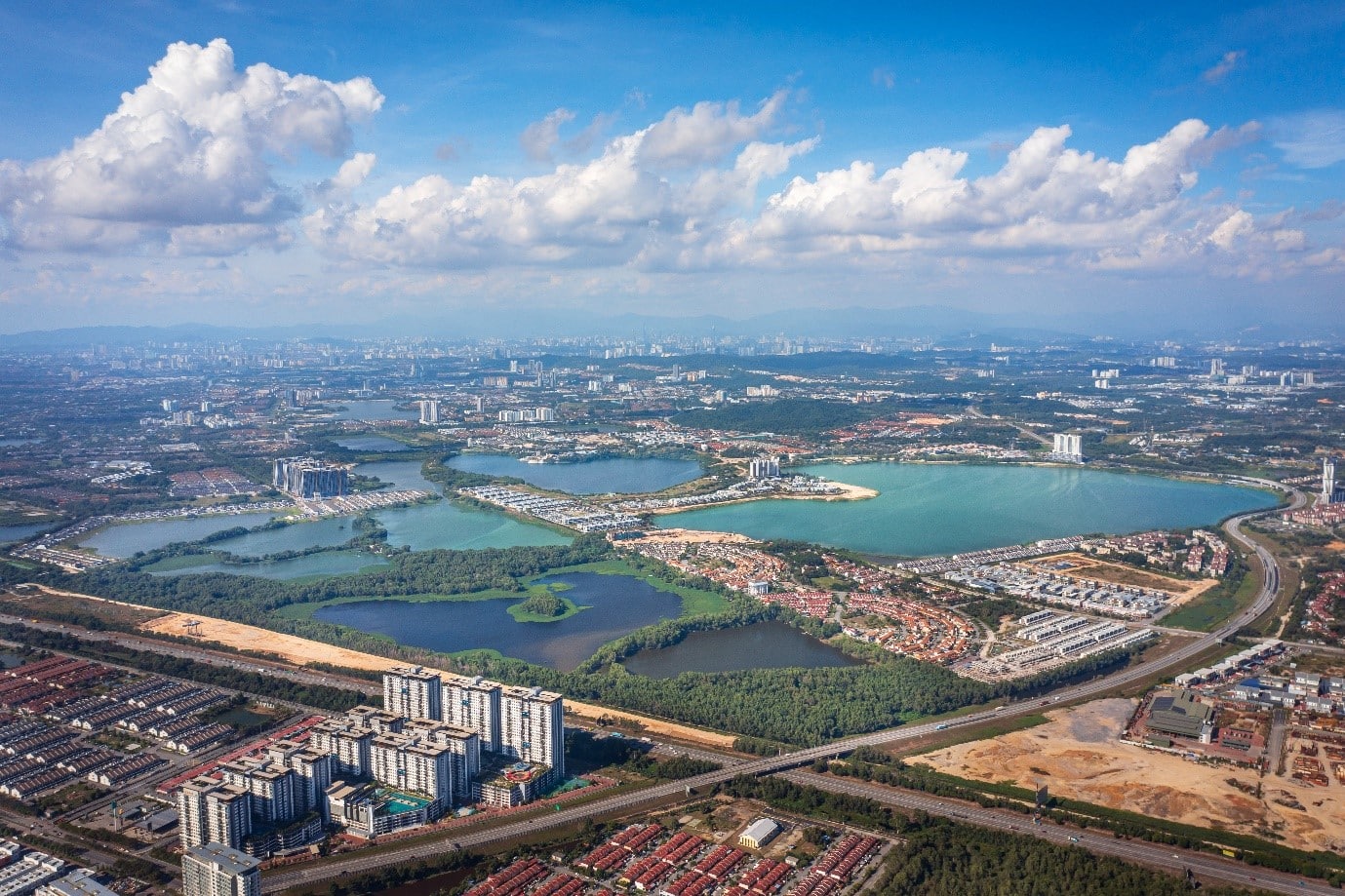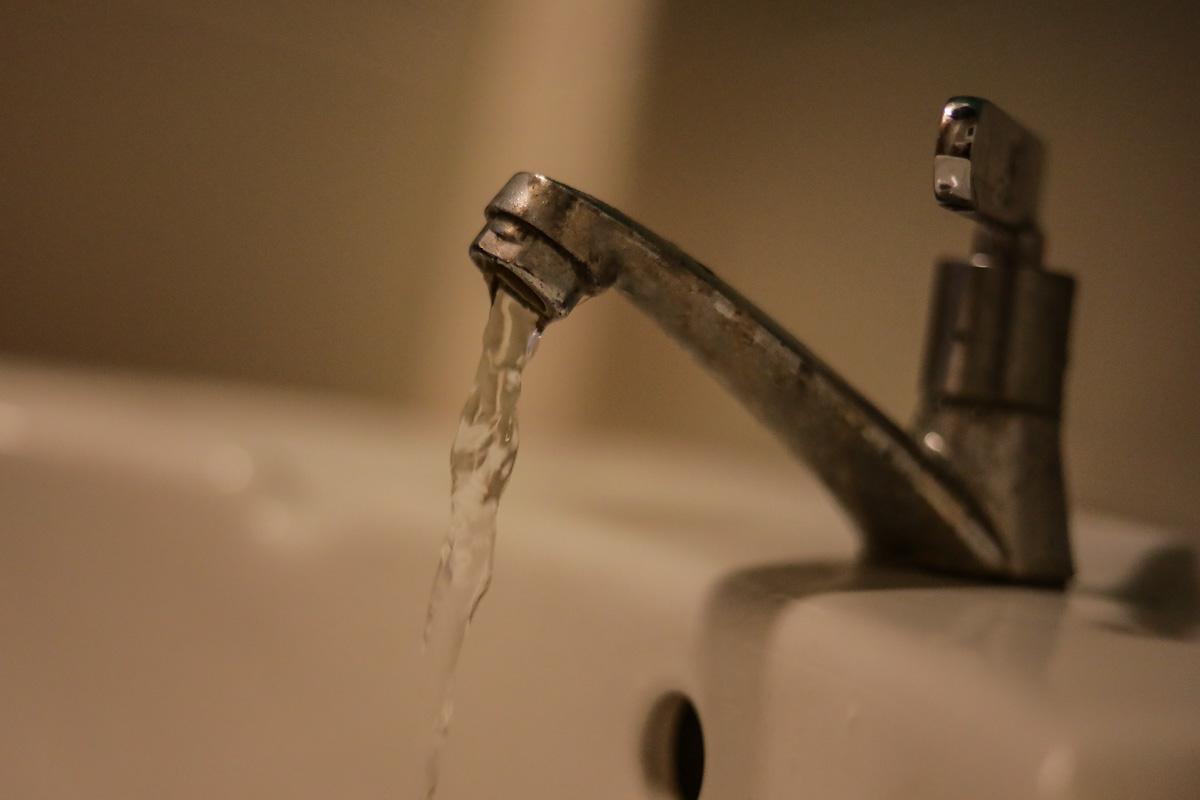KUALA LUMPUR, Oct 12 — Air Lestari Sdn Bhd, a wholly owned subsidiary of Menteri Besar Selangor (Incorporated) or MBI, is supporting industries in the state to adopt sustainable water management through a “zero-capex” model that reduces upfront costs and promotes long-term efficiency.
Its director Mohd Hazley Halim said the company has identified three main challenges in implementing water reclamation projects: financial constraints, unclear regulations, and technical complexity. In response, Air Lestari has designed solutions to address each of them.
“We want to assist industry players, so that they have less burden in implementing capital expenditure. We will bear all the capital expenditure (capex) for a certain number of years, operate and maintain the plant, and charge them a very reasonable price,” he said.
Hazley was speaking at the ‘Unlocking Opportunities in Renewable Energy, Water Reclamation, and Digital Connectivity for Sustainable Growth’ forum during the Selangor Investment and Industrial Park Expo (SPARK) in conjunction with the Selangor International Business Summit (SIBS) 2025 at the Kuala Lumpur Convention Centre on Friday (October 10).
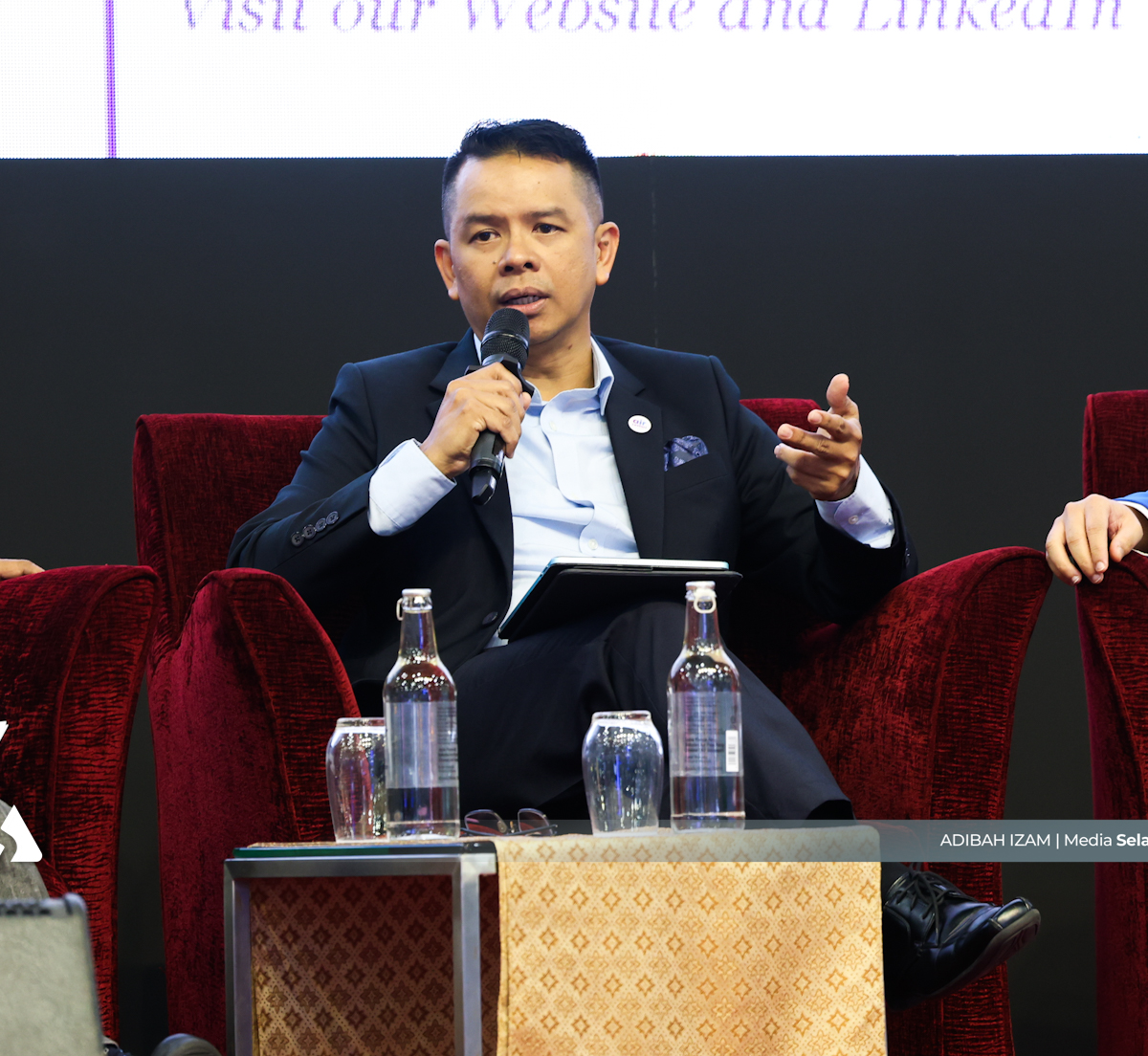
He added that the zero-capex model aims to make it easier for industries to adopt sustainable practices without straining their finances.
“I think the industry will be open to listening to our proposal and eventually work with us,” Hazley said.
Under Selangor's zero-discharge policy (ZDP), Air Lestari also assists companies in ensuring compliance with discharge standards by upgrading or retrofitting wastewater treatment systems.
It further absorbs discharge-related costs and supplies treated reverse osmosis quality water back to industries at 20 to 25 per cent lower cost.
“The industry will no longer have to worry about the charges on the ZDP. We will cover everything,” he said, noting that the company helps industries stay profitable while supporting environmental sustainability.
To balance cost and efficiency, Air Lestari currently targets 70 to 80 per cent water recovery (percentage of water that can be successfully treated and reclaimed for reuse) — a level that Hazley described as economically viable with current technology.
“Yes, we can go for 90 per cent or even 100 per cent recovery, but the price does not make sense at this moment,” he said.
Meanwhile, Heliosel Sdn Bhd chief executive officer Azman Zainuddin said his company, a wholly owned subsidiary of Air Selangor Holdings Bhd, has embarked on an inclusive sustainability project with Pengurusan Air Selangor Sdn Bhd to develop a fully net-zero-capable water treatment plant (WTP).
Under this initiative, all the facility’s energy needs will be met by on-site renewable sources, supported by energy storage systems.
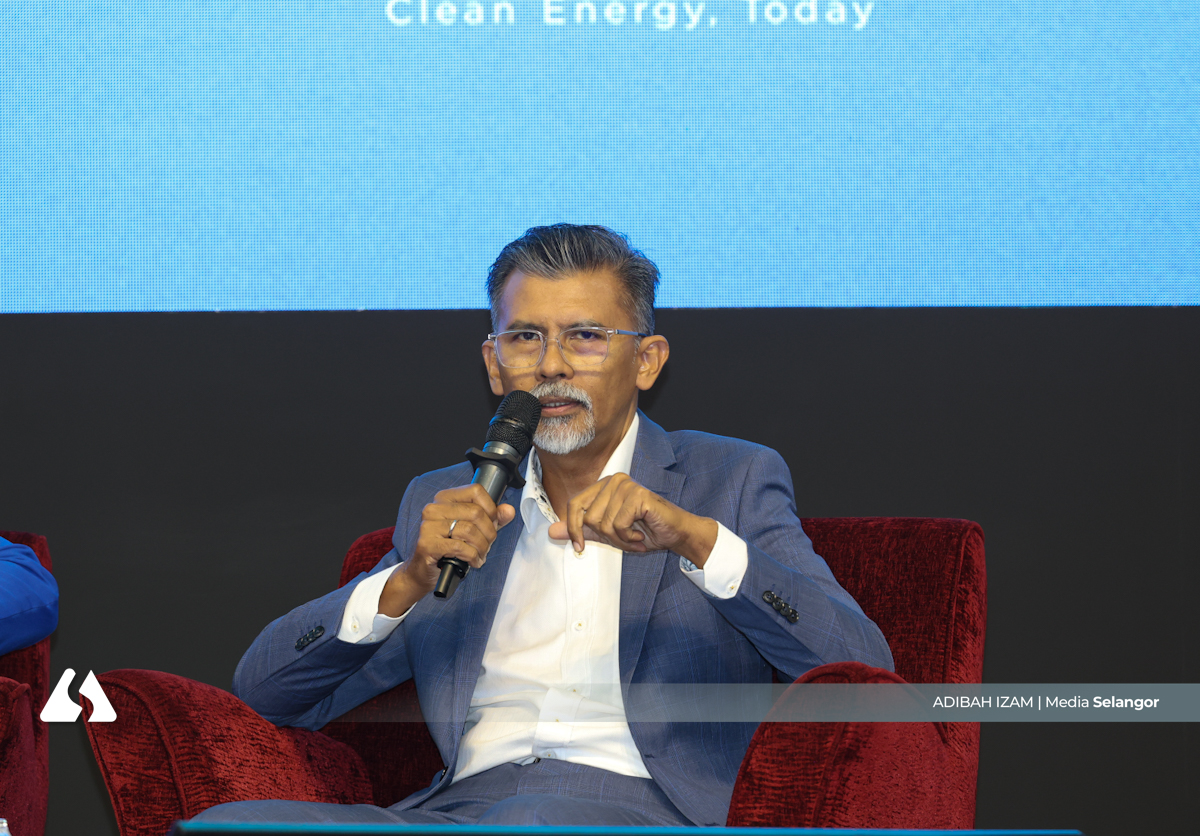
The initiative is possible through Heliosel’s energy protocol, which analyses a client’s full energy profile to design holistic, zero-capex transition plans.
He said that fragmented approaches to energy efficiency often fail to address operational realities.
“If you just work on something upstream and do not understand what is happening downstream, you will never be able to solve the problem,” Azman said.
While the company’s current focus is on immediate renewable energy benefits, nuclear power could be part of Malaysia’s long-term energy mix, provided the main safety and policy issues are addressed.
